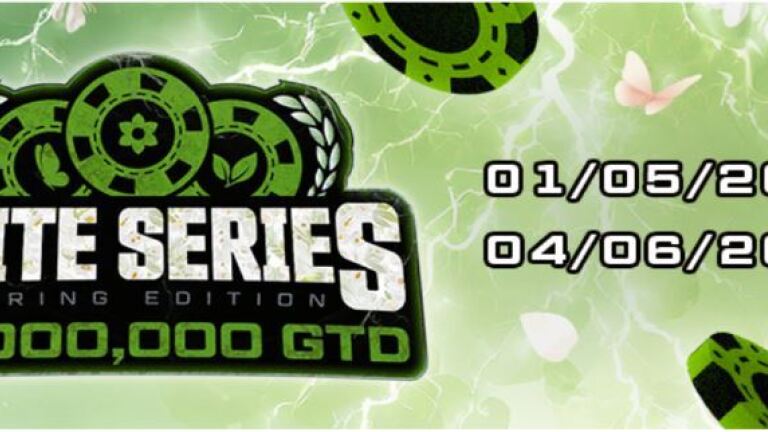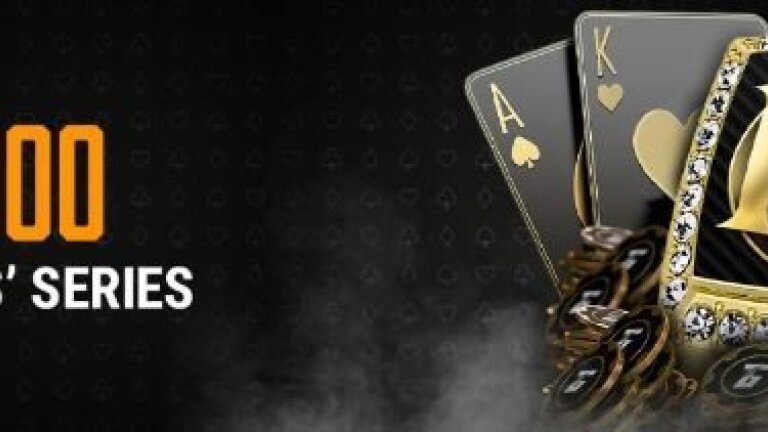What is EQ in poker?
To simplify it, equity is the percentage of how often a certain hand would win the pot if no more betting were left. We can calculate the percentage a hand would win because it's a mathematical probability. For instance, preflop ♥️7♠️2 has 12,58% equity against ♦️A♣️A
We know that because it's a mathematical fact, across all the possible outcomes, there are ~12% when ♥️7♠️2 wins.
However, this percentage doesn't describe a poker hand with all its complexity. This number only gives the probability when there is no action left (either because there is no betting throughout the hand or a player is already all-in, etc.)
What is EV in poker?
EV stands for expected value, which describes the potshare of a hand (or range), considering all the factors involved in a poker hand: the equity of the hand, future possible actions, possible outcomes, position, EQ realization, etc. So, in equilibrium, EV shows how profitable a hand is.
For example, in a BTN vs BB situation where the flop comes ♠️K♠️Q♥️3, BTN has a massive range advantage highlighted as the EV is +3,19 chips (from the 5,5bb that's already in the pot):
As you can see, the whole range of BTN over-realizes its EQ (+107%) due to the positional advantage and the "better" (higher EQ) hands she could have, which leads to a higher EV overall. BB's numbers reflect the same on the negative side of the equation.
Common misconceptions about EQ&EV in poker
- "Your equity describes how often a hand would win the pot." Actually, it would be true if you are on the river or you are already all in. But in general, other factors dictate how often you actually would win the pot; as we've discussed earlier, you might not realize the EQ of your hand because you fold later at some point to a bet or the other way around, you make Villain fold a hand that had EQ, entitled to some percentage of the pot, etc.
- "Equity equals the profitability of the play". Actually, it couldn't be further from the truth. The equity of your hand has no direct relation to the profitability of your play. Of course, higher EQ hands might be more straightforward to play in terms of how good they are as a valuebet or a bluff catcher, but at the same time, other factors might weigh a lot more when we discuss profitability. Think about an unfavourable spot, such as calling from the BB against a UTG open, and the flop comes ♥️Q♠️Q♦️2, where Villain fires a 1/3 c-bet. Your hand is ♠️A♦️T; you have an overcard and various backdoor possibilities against a range bet; still, your hand has only around 50% equity due to the range and positional disadvantage. It is challenging to realize your equity. EV, however, shows how narrowly it will be a profitable play to call that tiny flop bet. This means that, in reality, the expected value shows the profitability of the play.
- "You shouldn't bet with low equity hands." – Think about a river decision where you have no showdown value, so the action of checking is 0. A low equity hand might be higher than 0 if you consider betting, for instance, because it's a favourable runout to your range or just because your opponent is capped to mediocre hands, and you can expect a lot of fold equity, etc. Of course, equity can be a driving factor in betting certain hands, but as you can see, that's not the only reason.
- "We can always calculate or EV" – A solver can show the actual EV of a hand based on theoretically optimal play, but in real life, you don't know your opponents' exact ranges or actions, nor can you make such complicated calculations. You might say that based on specific characteristics, I assume xyz of Villain's hand/play, so I estimate my EV plus, minus or 0 in this spot.
- "Our objective is to make a plus EV play" – Of course, you cannot aim to make minus EV plays, at least if you don't plan to lose money. But at the end of the day, your goal is to compare/estimate the EV of various plays and find the most optimal, which gives you the highest expected value. So don't lean back next time if you've found a plus-EV play; there might be an even better one!
Summary
People often use these terms interchangeably when discussing equity and expected value. Hopefully, through our examples, you can see clearly why it's problematic. Equity focuses on the probability of a hand winning the pot at a certain moment of the hand but neglects to take into account any other factors. The expected value is calculated with all these other characteristics, such as EQ realization, position, stack-to-pot ratio, etc., which determines how profitable a certain hand is.
Theoretical topics are always more complex to understand, so we suggest reading this short article again, thinking about the samples provided, and coming up with your reasoning so this new knowledge can deepen better.
























